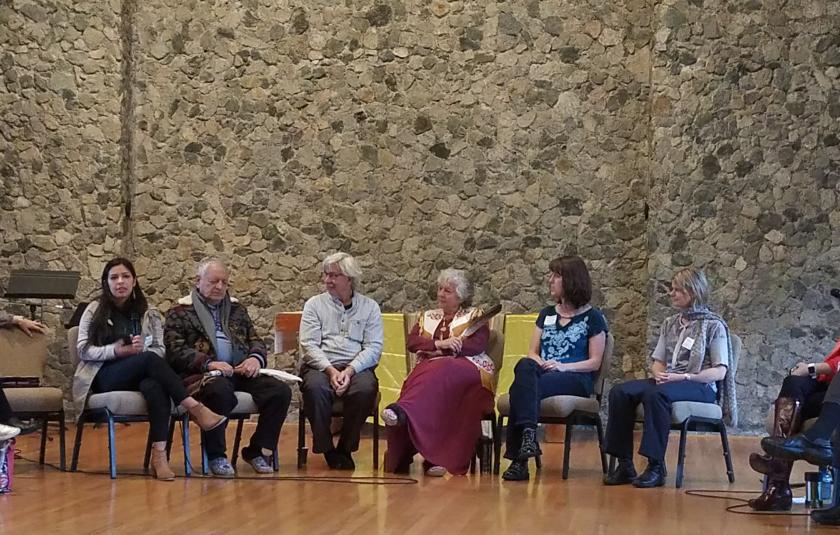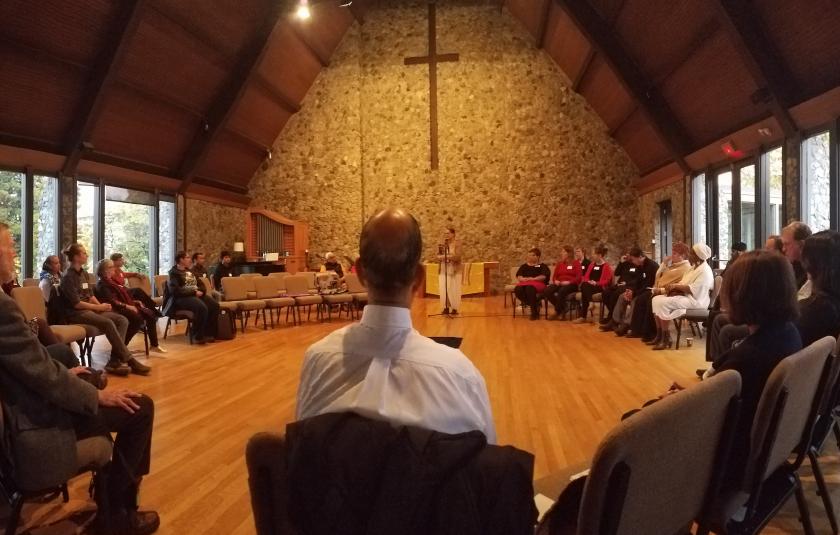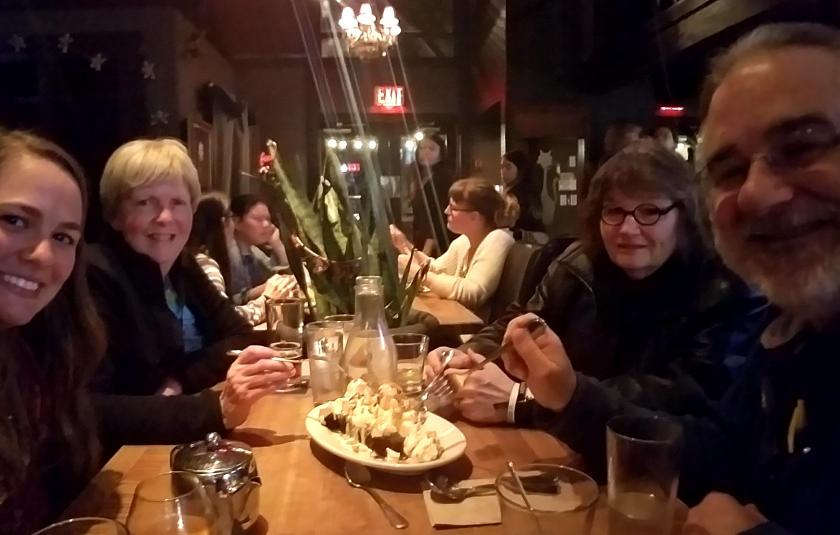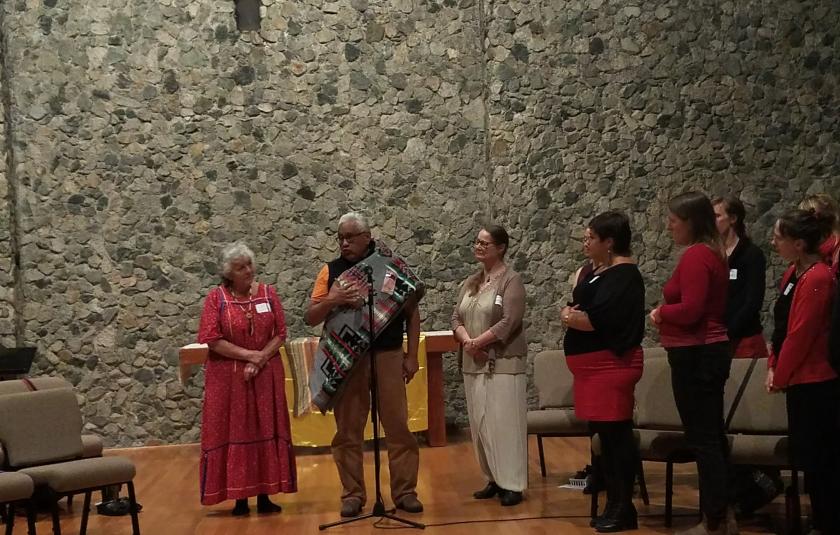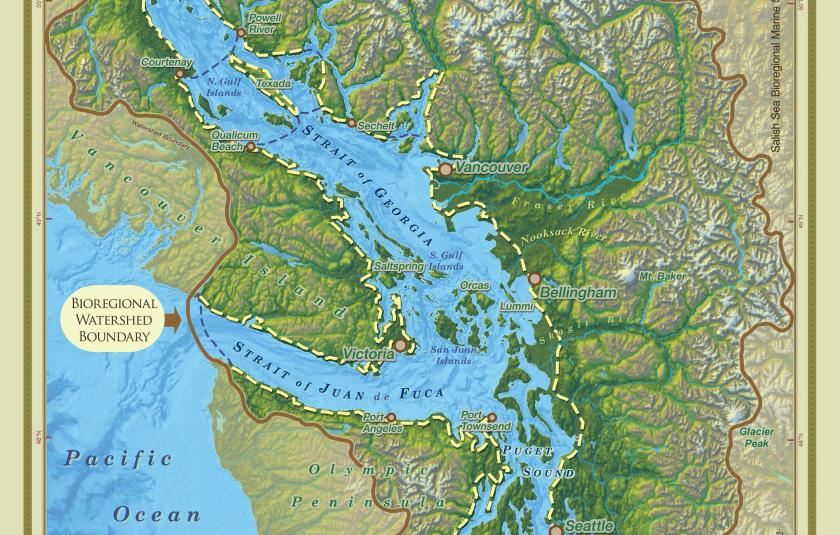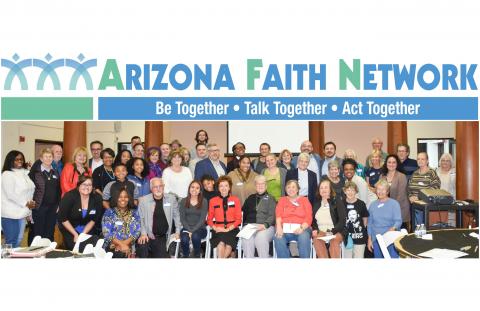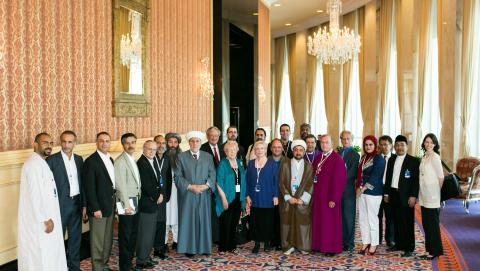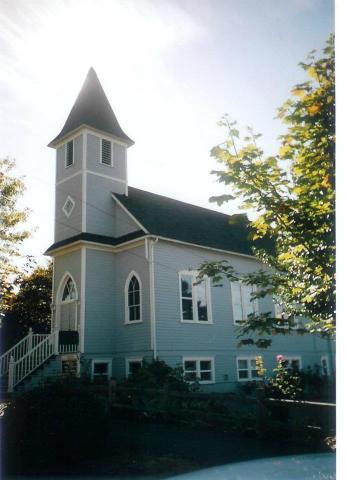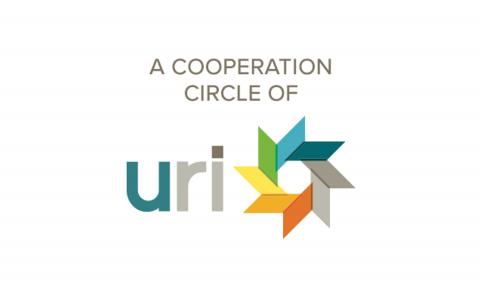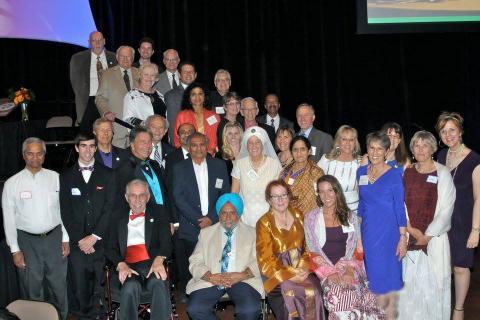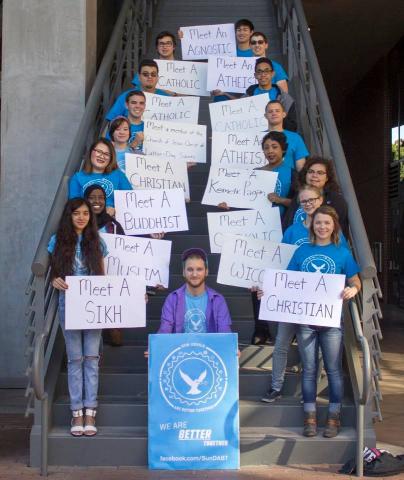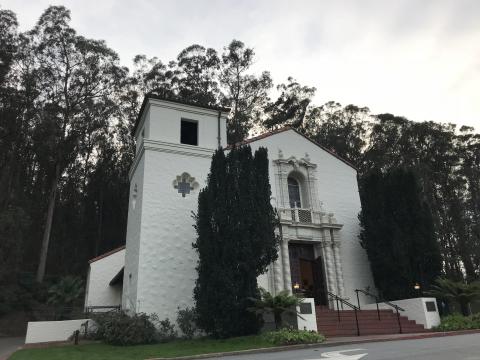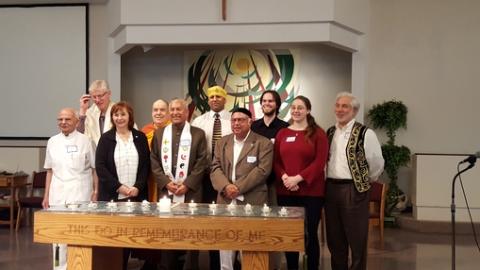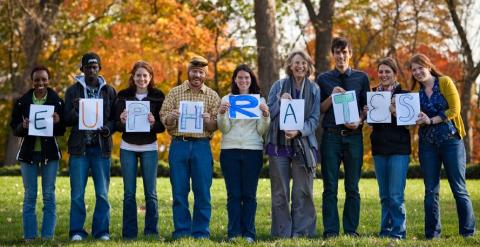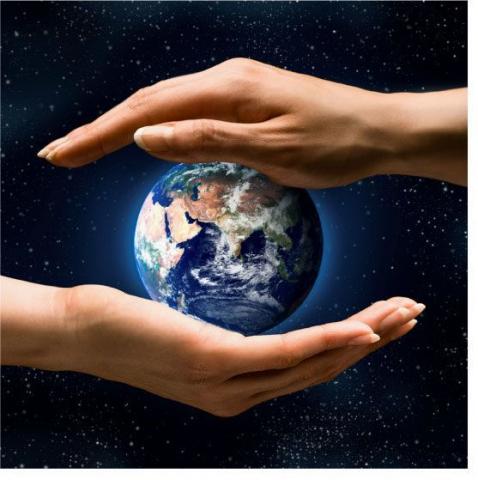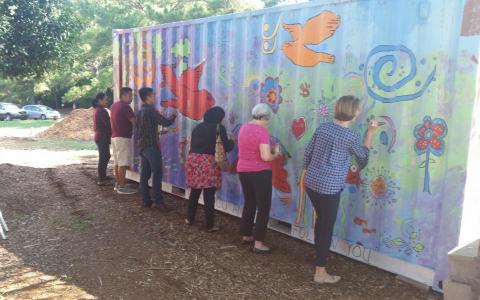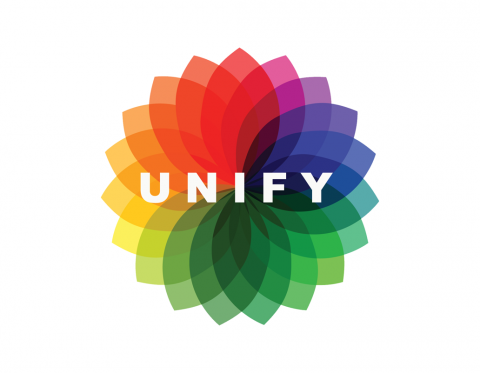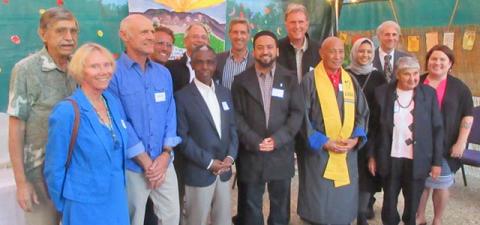
In October, I participated in the Salish Sea Bioregional Gathering in Vancouver, which was co-sponsored by the Interspiritual Centre of Vancouver Society, a Cooperation Circle member of the United Religions Initiative. Representatives from 17 different URI Cooperation Circles and Affiliates attended this gathering, which was monumental for URI as the first gathering for URI members that has taken place in Canada. We took this little video to share our greetings and love with the global URI community!
Below I have shared my personal reflections from participating in the transformative weekend -- I hope you'll continue reading!
Attending the Salish Sea Bioregional Gathering felt like sitting on a well-balanced three-legged stool of learning, relationship-building, and contemplative practice. And that combination was unique and special in a way that I have never before experienced. In this Vancouver-based gathering, which was co-sponsored by the United Religions Initiative (URI) North America and of our Cooperation Circle members, the Interspiritual Centre of Vancouver Society, it was this blend of focusing on the pressing needs of our environment and the taking care of ourselves through contemplation that made this gathering monumental. In one hour of the gathering, we were challenged with statements like:
"We all need to stand behind whoever is standing up and stand in front of whoever is bringing destruction."
Salish Sea Bioregional Gathering - Sister of Mercy Choir
And the next hour, we were challenged with closing our eyes, grounding ourselves, and sitting in silence and contemplation lead by meditation instructor Ed Bastian.
And the next hour we were engrossed in conversation with our fellow participants about our personal vision and passions.
There was also the music–oh! the wonderful drum beating of the Daughters of the Drum and the moving acapella of the Sister of Mercy Choir. And the ceremonies, including the blanketing of First Nations Elder Shane Point and smudging from Indigenous Elder Aline LaFlamme.
Through it all, we were challenged to think about our planet. Mother Earth. To think about the damage being done to her by our actions, or in some cases, our inaction. And, often, by our lack of respect.
During the Saturday morning panel, Young Adult Indigenous Tsleil-Waututh Leader, Kayah George shared her people's story of the Burrard Inlet.
This inlet is sacred to her people because its soil was used to create the first woman. "That inlet is our oldest ancestor," she said. She challenged us to think about the deepest love we have–for our mother or our children. "That is the love we feel for this inlet, this water, our Earth."
This story and her sharing moved my heart in a way that it has not been moved in a long time. It made me think about the earth in a new way and made me more deeply consider each action that I take.
On Sunday morning we were asked to reflect on one thing that we would do differently as a result of attending the gathering. Kayah's words were in my heart. And so were the words of Rex Weyler.
"We need to be apprentices of this world, not managers of it...We are subject to the same rules of consumption as the rest of the ecosystem."
What is one thing that I will do differently because of this gathering? I will consume less. I will be more in tune to Mother Earth. I will ask more questions before I buy something: "Where did this come from?" "Do I really need it?" And I will think about how my actions might impact not just a single tree or plot of land but an entire ecosystem -- like the Salish Sea.
The organizing team at the Interspiritual Centre of Vancouver Society did all of the heavy liftings to make this event happen and we are so grateful for them! We are grateful for their commitment to working in equitable partnership with the First Nations people of the land and for welcoming--with homestays and food and generosity--URI members from both the US and Canadian side of the Salish Sea. We are also grateful for the site hosts the Epiphany Chapel and First Nations House of Learning at the University of British Columbia.
